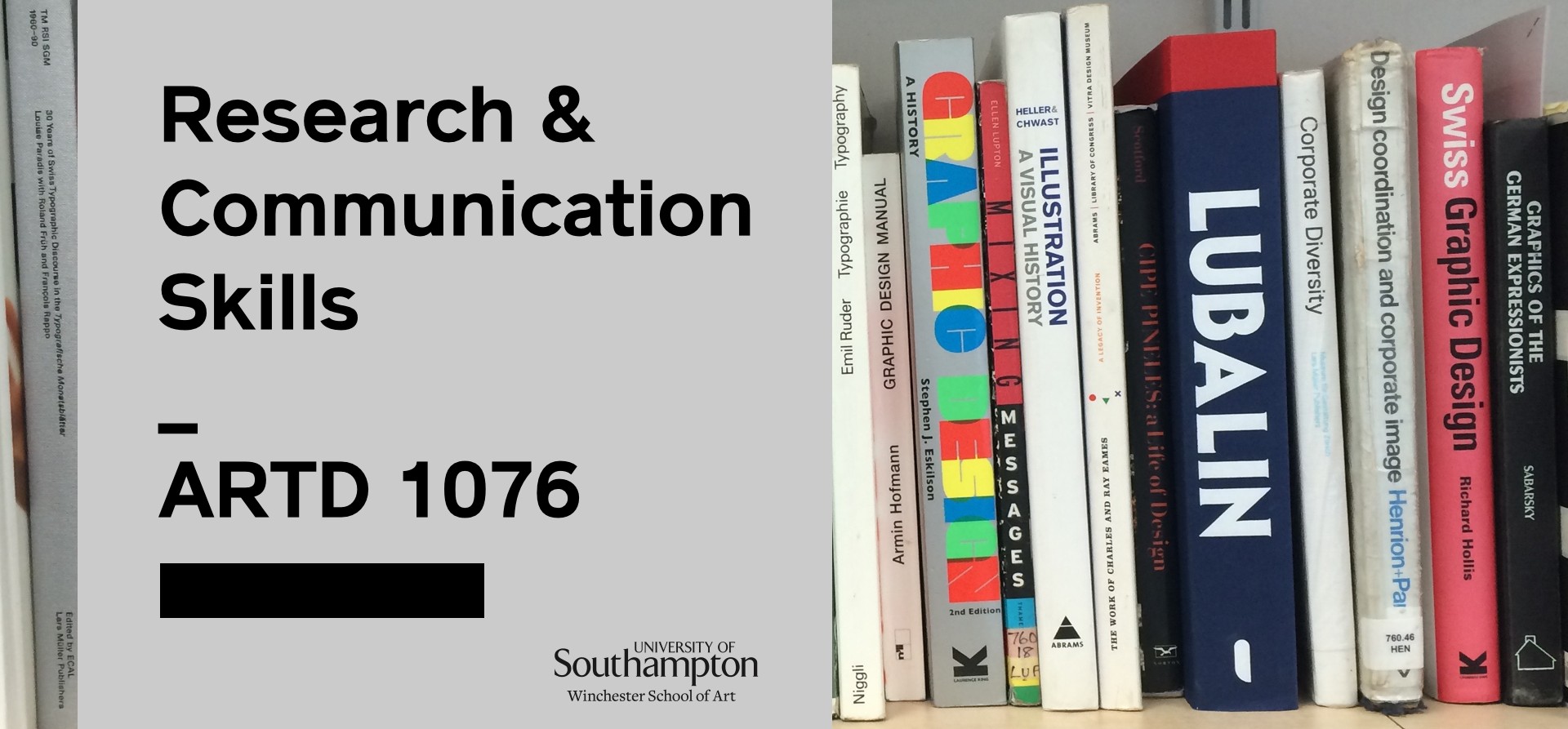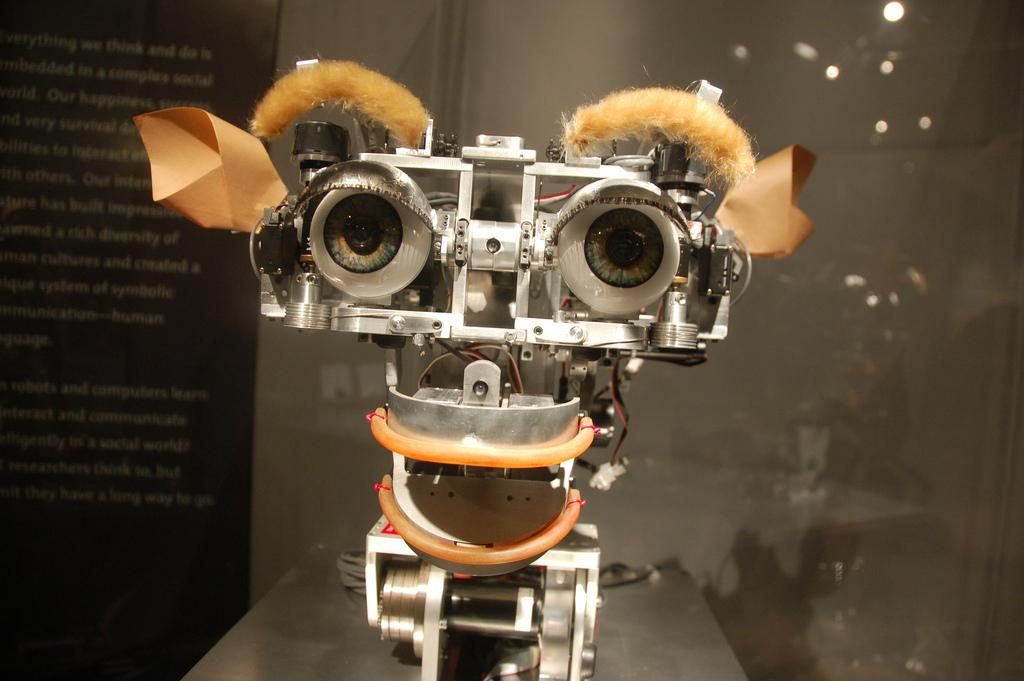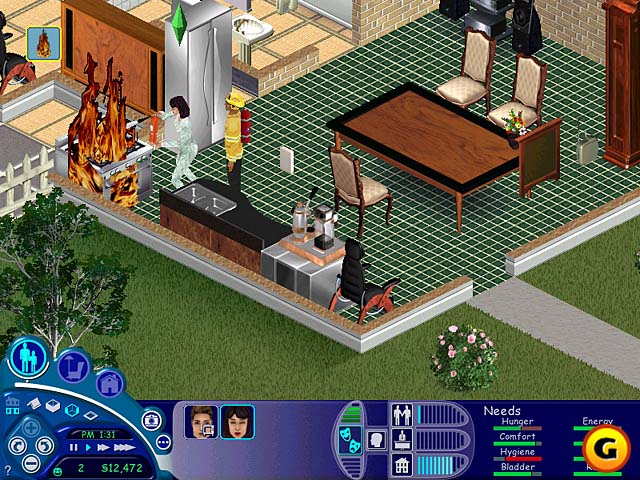Behavioural modelling is an important part of NPC development for games. Should emotive modelling be part of that development?
Games development most often uses the simple form of Artificial Intelligence which is called behavioural modelling and is very important part of NPC’s creation. NPC’s are mainly just the background characters in games so their only task is to play the role regardless of circumstances, emotions etc.
The more developed form of AI when computer pay attention to intentions and emotions is called emotive modelling. First projects of the artificial emotive intelligence comes from late 90’s. One of them is dr. Breazeal’s project called Kismet. It’s main aim was to align psychological elements to make robot understand people. Nowadays there are a lot of attempts from companies such as Google to improve emotive AI and introduce it into our homes as personal assistants but this could also be translated into games.
First attempts of introducing emotive artificial intelligence into games design comes from 1985. Game called Little Computer People was released by Activision. The main task of a player was to take care of the generated character which had limited range of needs, emotions and behaviours. This type of games was becoming increasingly popular until The Sims came out in 2000 and it was a smash hit proving that people are very eager to play with intelligent characters.
Emotive modelling of non-playable characters (NPC) could have really interesting impact on different types of games, although game mechanics would not be the same anymore. Imagine the RPG game where every NPC tries to solve quests and kill the same enemies.
In a study made by Deep Mind researchers there were AI „agents” competing against each other in 40 million rounds of a game about picking up fruit. In the future scenarios with less apple to collect they became more aggressive and started to fight. It proves that in a game with emotive modelling of NPC’s with the same goal they would attempt to eliminate each other.
It turns out that emotive modelling is very interesting tool in few games such as life symulators but would not work in other types of games.
Consider your favourite video game. If it contains AI controlled agents how individualistic are they and there behaviours, and, how might you set about improving them?
A requirement of every good game settled in an open world are non-playable characters which are both individual and related to the environment. It is very difficult to match this two features and that is the thing game developers often struggle with.
Well-known example of NPC can be found in The Elder Scrolls V – Skyrim. I mean adored city guard which became even famous because of his lack of individuality. Each town in Skyrim world has loads of city guards but for some reason (probably laziness of developers) everyone looks exactly the same. Designers obviously tried to conceal this flaw by covering their heads with helmets but identical behaviour, voice and sayings reveal that it’s absolutely the same character. Also their mechanics does not differ at all. They run in the same pace, fight the same style and have the same amount of health points. The only distinguishing feature is the colour of their armour associated with town’s coat of arms but it doesn’t make a big difference.
There are a lot of ways to increase the level of variety among the city guards in Skyrim. One of them is obviously creating some more 3D models of guards with different faces and body building but it requires a lot of work. I wish that in the next parts of The Elder Scrolls game developers are going to record more voices, maybe create some more versions of the armour and make their mechanics differ. Changing their sense of humour, sayings and attitude depending of which part of country guard defends seems to be a good idea also.
Even though there is a lot of flaws in Skyrim guards everyone finds them so cool and being identical and bad in mechanics just make them very recognisable on the field of RPG games. It makes me insecure if the points suggested by me would improve them or rather spoil the inimitable atmosphere of Skyrim.
references:
https://www.theguardian.com/technology/2016/oct/12/video-game-characters-emotional-ai-developers
http://news.mit.edu/2001/kismet
https://howwegettonext.com/the-boundaries-of-artificial-emotional-intelligence-aa10583302dc
https://qz.com/911843/googles-ai-got-highly-aggressive-when-competition-got-stressful-in-a-fruit-picking-game



